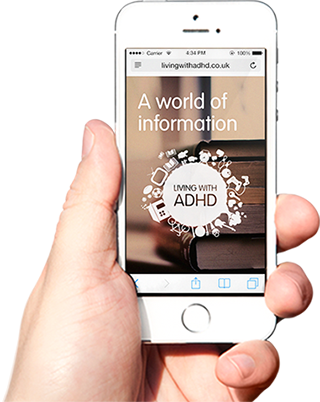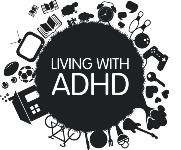Parents - Talking to
Talking to...
Useful tips for seeing the doctor
When you and your child are seeing the doctor it can be useful to:
Take a symptom log
Take along a list of the kinds of symptoms your child has been having, for how long, and where they occur (home, school or both). A completed symptom log will give the doctor a fuller picture of the range of symptoms experienced over a period of time.
Take a food diary
Take along a food diary if you suspect your child's symptoms are triggered by specific foods. It is all too easy to go blank when faced with "...and is there anything you'd like to ask?" during a consultation; a written reminder will jog your memory.
Mention side effects
Remember to tell the doctor about any side effects of your child's medication, or problems they may be having in taking their medicine (e.g. forgetting to take tablets, being too embarrassed to take tablets at school, etc.).
Describe differing behaviour
Tell the doctor if your child's behaviour during the consultation is markedly different from how it would be at home or school. Children can be on "best behaviour" when seeing the doctor!
Ask for contact information if you need it
Ask the doctor who to contact to make/change follow-up appointments for further advice or information if you need it, or for help if you find it is becoming difficult to cope with your child's problems.
Reassure and encourage
Reassure them that you and their doctors and teachers will be working with them to help them behave better and have fewer problems at home and school.
Stress that, if they need to take medicine for their condition, it is important to take it regularly, on time and for as long as the doctor recommends.
Reassure them that they will see the doctor regularly, who will check on their progress and deal with any problems.
Encourage them to ask questions and help them to get more information. You might like to show them relevant booklets or other information, and point them towards relevant web resources (Click here for some suggestions).
Talking to young children about ADHD
The way in which you talk to your child about their ADHD will depend on their age and level of understanding.
For younger children, keep explanations of ADHD and its treatment short and simple – don't overwhelm them with information or complicated terminology.
Explain that ADHD is a medical condition, and that there are lots of ways in which it can be helped and improved.
Make it clear that ADHD can be a reason, but is not an excuse, for bad behaviour.
Talking to teenagers with ADHD
Older children and teenagers will have had some years of experience of ADHD. They may want to take part in treatment decisions more than younger children, as part of becoming more independent and "grown up". On the other hand, they may question more, and may be resistant to the advice or treatment they have received. They may not see the point of treatment, or might be embarrassed that their condition or the need for medication makes them different from their peers. They may find side effects of treatment difficult to deal with. You can help them by reinforcing the fact that:
Treatment can help now and in the future
ADHD is a recognised medical condition, and nothing to be embarrassed by or ashamed of. There are lots of ways in which it can be helped and improved. ADHD can be a reason, but is not an excuse, for bad behaviour. Treatment of their ADHD can help them have fewer problems at home and school, and can help to avoid problems in the future.
Take medication regularly for as long as recommended
It is important to take their medication regularly, on time and for as long as the doctor recommends.
If they are finding it difficult to remember to take their medication, or are embarrassed to be seen taking tablets at school/college, there are treatment options that may help get around this.
Offering encouragement
If they are finding side effects of treatment hard to deal with, encourage them to keep a diary of their symptoms and then show this to their doctor.
Encourage your teenager to ask questions and help them to get more information. You might like to show them relevant booklets or other information, and point them towards relevant web resources (Click here for some suggestions).
Talking to your child's teacher
The typical UK classroom contains at least one child with ADHD, so it is likely that your child's teacher has taught children with the condition before. Teachers can be the first to recognise that there is a problem with a child's behaviour amounting to more than straightforward naughtiness. If your child has been having problems and you are unsure whether they might be due to ADHD, make an appointment to talk to your child's teacher to ask for their impression.
Your child’s teacher is a useful ally
Your child's teacher is an invaluable ally in helping to monitor and manage your child's ADHD. They interact with your child for a large part of each day, and can have experience, insight and ways of dealing with behaviour problems that you can learn from. As well as this, they can carry out assessments and provide useful information for the doctor about how your child is behaving, learning and socialising at school. This helps to build up a fuller picture so that the best treatment plan can be put into place for your child.
Schools have a legal duty towards children with special needs, which can include those with ADHD. Click here for more about the legal rights of children with ADHD.


Resources
Visit our resource centre for useful information and helpful activities for parents, teachers and teenagers living with ADHD.
